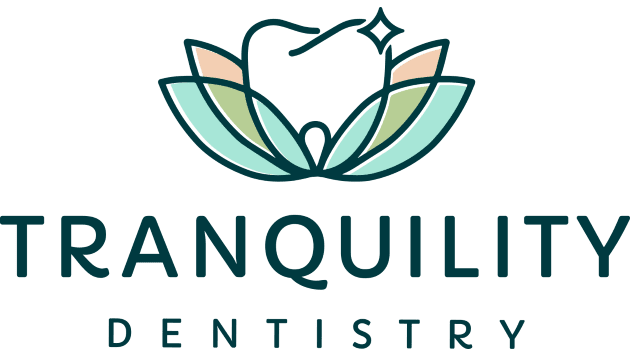
How to Prevent and Treat Bad Breath
Keep Your Breath Clean
Bad breath, medically known as halitosis, is an issue that can cause significant social discomfort and embarrassment. Fortunately, preventing and treating bad breath involves a combination of good oral hygiene practices, dietary changes, and some lifestyle adjustments. Here’s a comprehensive guide to help you maintain fresh breath and boost your confidence.
1. Maintain Proper Oral Hygiene
Brush Your Teeth Twice Daily:
Brushing your teeth for at least two minutes twice a day with fluoride toothpaste is essential. Make sure to brush all surfaces of your teeth, including the inner, outer, and chewing surfaces.
Floss Daily:
Flossing helps remove food particles and plaque from between your teeth and under the gumline, areas where a toothbrush cannot reach. This is crucial for preventing the buildup of bacteria that can cause bad breath.
Clean Your Tongue:
The tongue can harbour bacteria and food particles, leading to bad breath. Use a tongue scraper or the back of your toothbrush to clean your tongue daily.
Replace Your Toothbrush Regularly:
Change your toothbrush every three to four months or sooner if the bristles are frayed. A worn toothbrush is less effective at cleaning your teeth.
Use Antibacterial Mouthwash:
Rinsing with an antibacterial mouthwash can help reduce plaque, prevent gum disease, and kill bacteria that cause bad breath.
2. Hydrate Adequately
Drink Plenty of Water:
Staying hydrated helps keep your mouth moist and washes away food particles and bacteria. Dry mouth, or xerostomia, can contribute to bad breath because saliva helps cleanse the mouth. Aim to drink at least eight glasses of water a day.
Chew Sugar-Free Gum:
Chewing sugar-free gum stimulates saliva production, which helps neutralise acids and wash away food particles and bacteria. Choose gum containing xylitol, a natural sweetener that can help reduce oral bacteria.
3. Watch Your Diet
Avoid Strong-Smelling Foods:
Foods like garlic, onions, and certain spices can cause bad breath. These foods contain volatile sulphur compounds that enter your bloodstream and travel to your lungs, where they affect your breath. Reducing your intake of such foods can help.
Limit Sugary Foods and Drinks:
Sugary foods and beverages can contribute to tooth decay and gum disease, both of which can cause bad breath. Opt for healthier snacks like fruits and vegetables.
Eat a Balanced Diet:
A balanced diet with plenty of fruits, vegetables, whole grains, and lean proteins can help maintain good oral health. Foods rich in vitamin C, such as citrus fruits, can help keep bacteria in check, while crunchy vegetables like carrots and celery help cleanse the teeth.
4. Regular Dental Checkups
Visit Your Dentist Regularly:
Regular dental checkups and cleanings are crucial for maintaining good oral health and preventing bad breath. Your dentist can detect and treat issues like gum disease, tooth decay, and dry mouth, which can contribute to halitosis.
Address Dental Issues Promptly:
If you have cavities, gum disease, or other dental problems, seek treatment promptly. These conditions can harbour bacteria that cause bad breath.
5. Lifestyle Changes
Quit Smoking:
Smoking is a major cause of bad breath. It dries out your mouth, causes gum disease, and increases the risk of oral cancer. Quitting smoking can significantly improve your breath and overall oral health.
Limit Alcohol Consumption:
Alcohol can dry out your mouth, leading to bad breath. Limit your intake and drink plenty of water to stay hydrated.
Manage Stress:
Stress can contribute to dry mouth and bad breath. Practice stress-reducing activities such as meditation, yoga, or exercise to help manage your stress levels.
6. Consider Medical Conditions
Address Underlying Health Issues:
Certain medical conditions, such as diabetes, gastroesophageal reflux disease (GERD), and respiratory infections, can cause bad breath. If you suspect an underlying health issue is contributing to your halitosis, consult your healthcare provider for appropriate treatment.
Medications:
Some medications can cause dry mouth, which can lead to bad breath. Talk to your doctor about alternative medications or ways to manage dry mouth if you think your medication is affecting your breath.
Bad breath can be a bothersome issue, but with diligent oral hygiene, dietary adjustments, and lifestyle changes, you can effectively prevent and manage it. Remember, regular dental checkups are essential for catching and treating any underlying issues that may contribute to bad breath. By taking these steps, you can ensure fresh breath and a healthy, confident smile.
